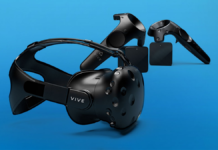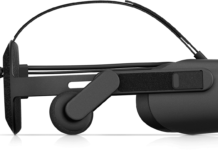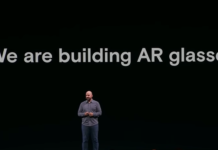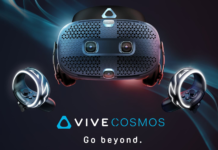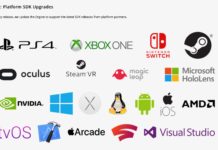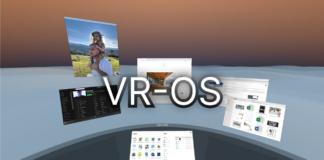HTC has officially the details regarding the Vive Focus Plus. It will ship shortly on April 15, and will cost your business $799. Included in this package are two hand controllers, and most importantly of all, this headset is completely standalone.
When looking at competing headsets, this price might be a down fall. The new Oculus Quest is about half of the price of the Vive Plus, and it offers nearly the same functionality. For more on this new standalone headset that has Oculus reeling in sales, click here. .
The difference between the Quest and the Vive Pro that stand out is the purpose of each. The Vive Focus Plus is meant for businesses, and will only ship to markets with an enterprise license. This headset also comes loaded up with applications that are unique to the headset, but many are skeptical if this will be enough to drive sales like the Quest is able to do. Here is the exact specs that HTC is advertising for their standalone headset.
- Display: 3K AMOLED (2880×1600)
- Processor: Qualcomm Snapdragon 835
- Audio: Built-in Speaker
- Tracking: Inside-Out
- Frame Rate: 75Hz
- Field of View: 110-degrees
- Battery: 4000 mAh
- Controller: 6DoF
- Data Connectivity: Wi-Fi 802.11 a/b/g/n/ac
- Memory (RAM/ROM): 4/32 GB
- Connector: USB Type-C
- Charging: QC3.0
HTC seems to be in a sort of a limbo with their technology at the time being, and this headset only feeds into that. When the company first released its first headset, it relied heavily on Valve’s SteamVR Tracking. Now since then and 2016, no headset of theirs has used that technology, other than the original Vive Pro. We expect the Vive Focus Plus to do the same and use different tracking technology. The systems should work together still regardless of how HTC decides to track, but none of that has been confirmed or tested.
It is still hard to see where these headsets will stand in the real world in sales. The Quest is mainly for regular consumers and customers, and the Vive Focus Plus is exclusively for business and people that have business licenses. They serve two completely different purposes, yet perform nearly the same on all levels. Either way, the future is bright for both companies and their standalone headsets.




